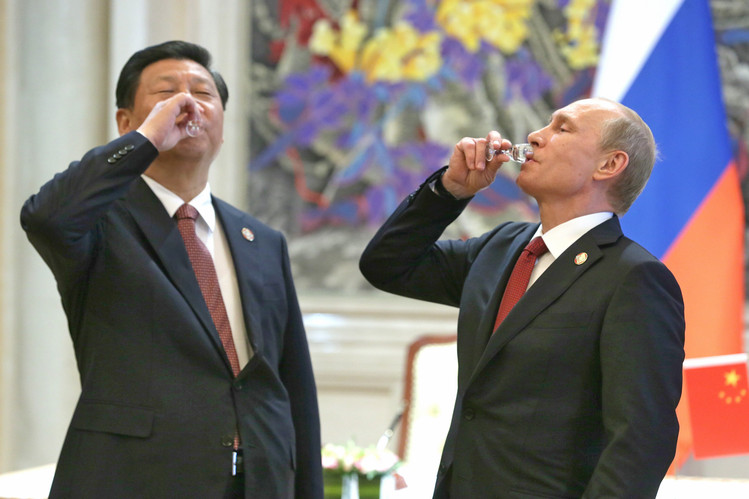2020 shows a significant growth in milk consumption in China
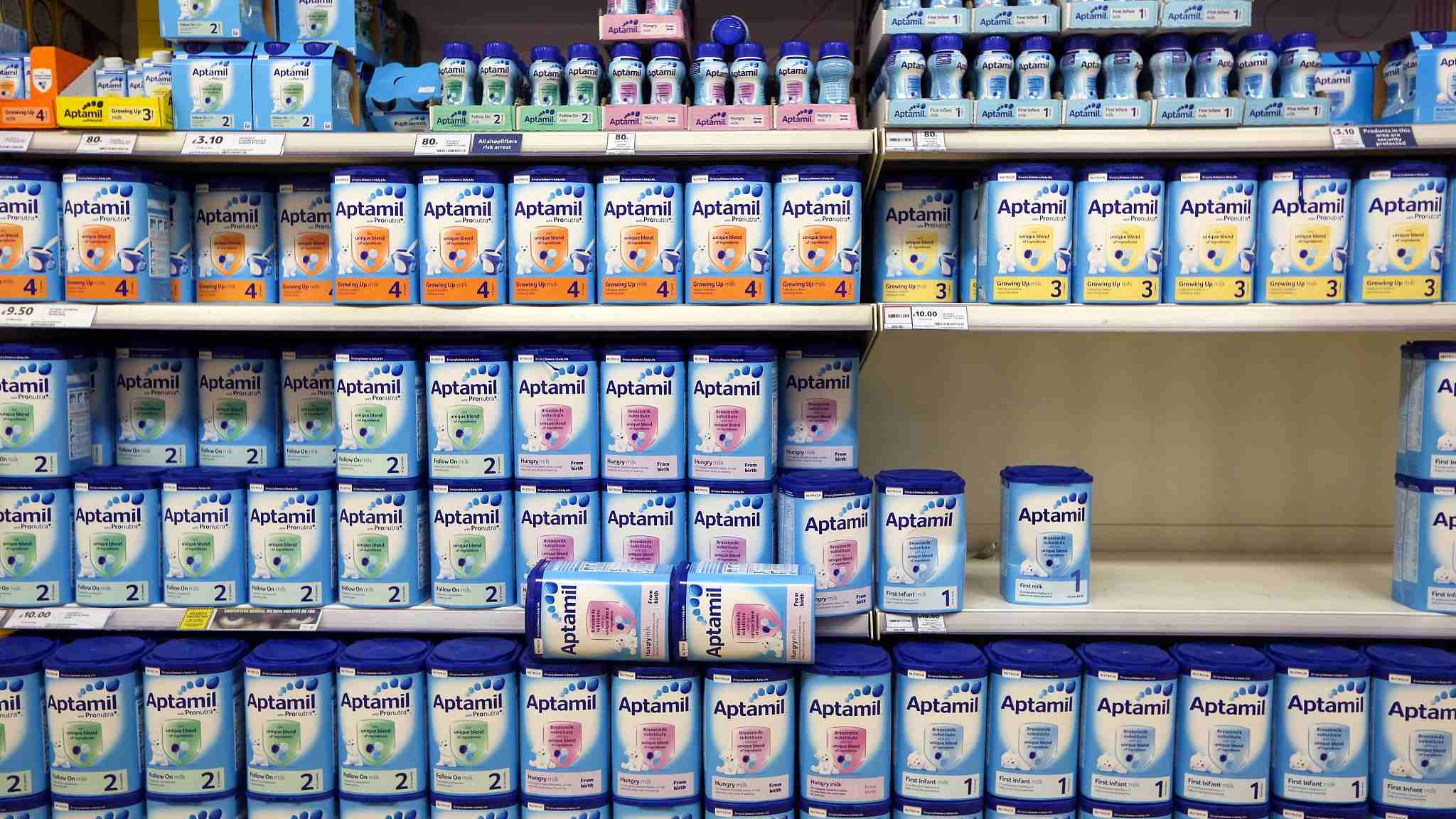
Unprecedented growth in china’s milk consumption in 2020
According to research by Euromonitor International, China is the second-largest dairy market after the United States. But it is estimated that by 2022 it will reach the United States becoming the largest dairy market in the world. With the development of China’s economy and the rise in Chinese people’s living standards, the per capita consumption of dairy products in China keeps growing. According to Statistica the average per capita consumption of milk in China stands at 11.4 kg in 2020.
Milk consumption = Health in China?
Chinese consumers are turning on the nutritional benefits of milk products. It is predicted that sales of milk in China will increase from 11.95 billion RMB (2018) to 12.83 billion RMB (2022), with a 1.7% annual growth rate (the biggest growth register so far in the Chinese milk market). Analysts said that recently China invested heavily in modernizing its dairy industry and promoting milk consumption on the basis of its health benefits. Refrigeration has become increasingly widespread in China so that Chinese consumers can store milk and other dairy products for a long time. Milk helps to get more protein into the diet and to build the body’s immune system. That’s why Covid-19 caused an increasing request for milk.
Cost-Effective Agency
KPI and Results focused. We are the most visible Marketing Agency for China. Not because of huge spending but because of our SMART Strategies. Let us help you with: E-Commerce, Search Engine Optimization, Advertising, Weibo, WeChat, WeChat Store & PR.
Covid-19 positive impact on milk sales in China
Global data said that annual milk sales in China, which were valued at 24.2 billion in 2019, would increase gradually to 29 billion in 2023. However, following the Covid-19 impact on the milk industry, it is expected to reach 31 billion with the largest jump in sales occurring in 2020.
The milk industry does not seem to have felt the negative effect of the pandemic at all. The reason is very clear: Chinese consumers are more attentive to their health and recognize the benefits of this drink.
The domestic production of milk in China is rather slow
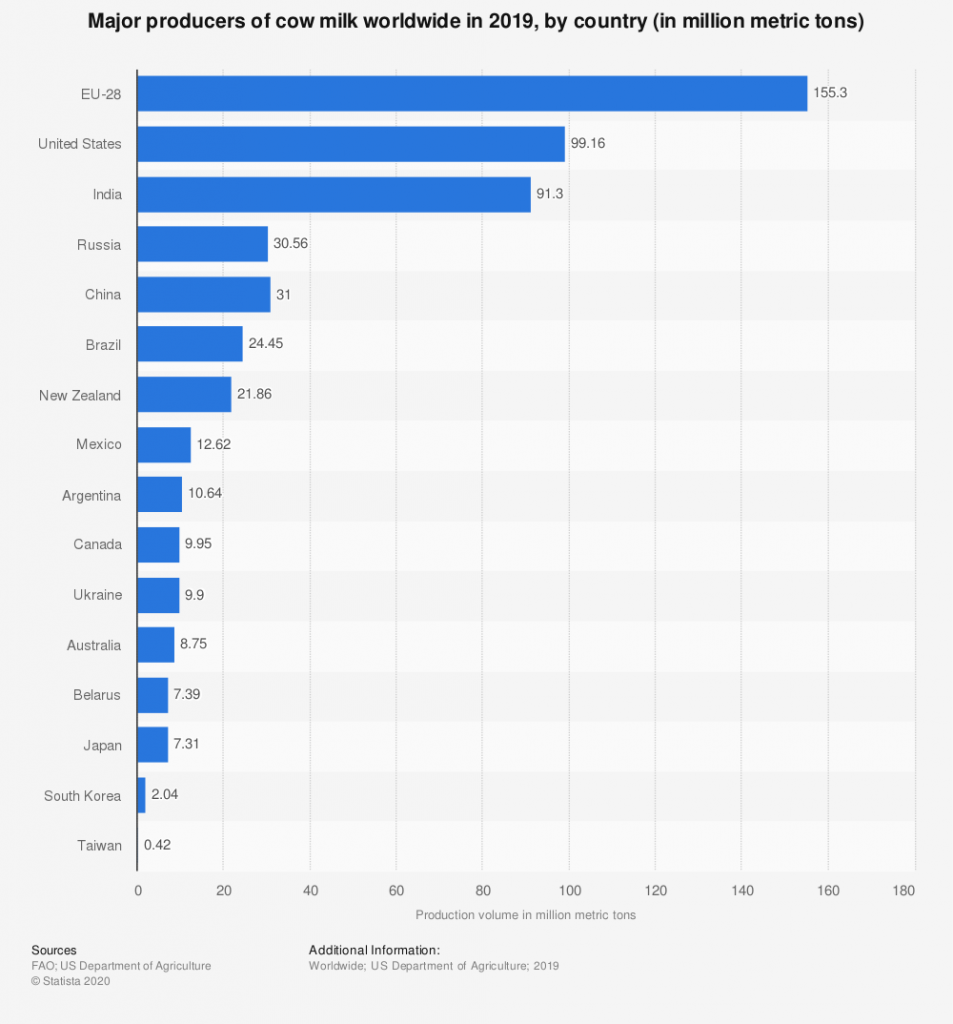
The production volume of dairy products in China is quite reduced. The main reasons for the sluggish growth include:
- The costs of domestic dairy products in China are higher than the global average as affected by the costs of feed, labor, and land, and the low profitability inhibits the production growth;
- Chinese people lack confidence in domestic dairy products as safety incidents occurred frequently in China’s dairy product industry in the recent decade. The above factors drive the growth of dairy product imports in China.
Why is China’s Milk Market full of opportunities for foreign brands?
In China, Food Scandale is a “plague”, 2008 whiteness a tragedy with poisoned Baby Milk Powder
Sanlu Group, one of the biggest Chinese producers of baby milk powder then was first found guilty of altering the composition of its product with melamine resulting in approximately 300,000 victims. Unfortunately, 6 infants died from the aftermath of the poisoning, while another 54000 were hospitalized for kidney stones and other kidney damages.
As the investigation went deeper into that story, it was found that many other Chinese milk powder companies were involved with this kind of dangerous practice, eroding forever the reputation of domestic producers in the milk & baby food sector. This event was the first door open for 100s of foreign brands into the Chinese market.
2020 another year, another Baby Milk Powder Scandal
It’s May 2020, the country’s economy is just starting to rebound after the months of shutting down caused by covid-19, milk powder companies have not really recovered from 2008 and another baby milk powder incident is reported. From here Weibo users are taking the lead to report the Shenzhou company with the hashtag #郴州大头娃娃事件 recording 70 million views.
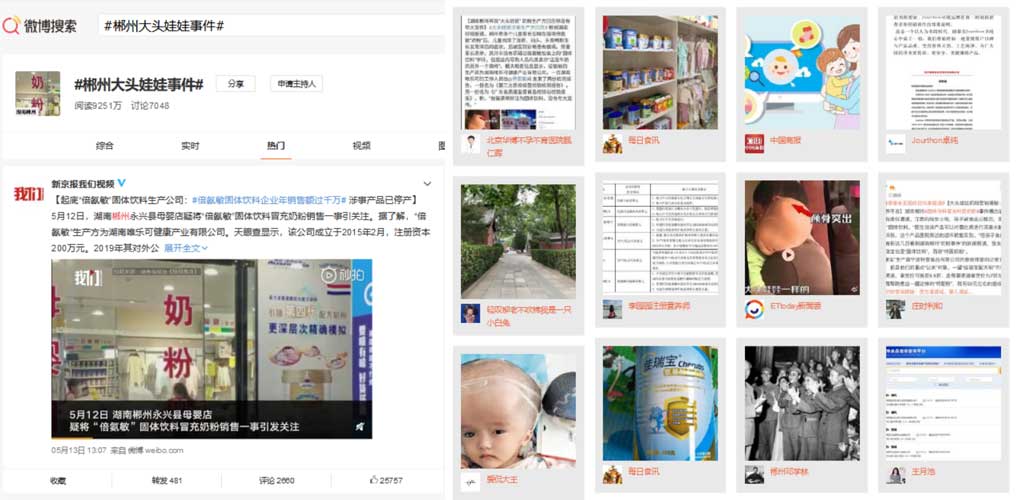
This incident was the nail in the coffin for domestic milk producers.
Does the large segment lactose of lactose intolerent consumers impact the sales of milk in China?
Even though research shows that Asians, including Chinese, are mostly lactose-intolerant, it does not affect the sales of milk in China significantly. According to Zhihu, their consistent milk consumption can be explained by:
Consumers perceive that a small amount of milk would not aggravate the discomfort of lactose intolerance, and this might be another reason why packaging milk in small portions is popular in China.
Some people do not even realize they suffer from lactose intolerance since their symptoms are not obvious.
Some of them perceive that the ingredients of Chinese milk are adapted to eliminate the effect caused by lactose intolerance, that is, ingredients such as water and chemicals are added to dilute the lactose.
China’s Imported Milk Market: Leaders and trends
The main exporters of milk to China
In China, the main sources of milk imports are still concentrated in New Zealand, Australia, EU countries, and the United States.

New Zealand is still the main source of imports of Chinese dairy products. Germany has gradually become China’s leading source of imported liquid milk. The United States is the main Chinese source of imported whey powder and Australia has continued to export powdered and fresh milk to China, maintaining an important place.
Fresh liquid milk is the future trend
In 2019, the trend of “freshness” has emerged in the milk market. Key industry players such as Yili and Mengniu have started to invest in fresh milk significantly. The outbreak of Covid-19 may foster the growth of this trend since the National Health Commission of China recommends drinking milk. The government sector has suggested that drinking milk is an effective method to strengthen the immune system. Moreover, milk consumers in China have consistently perceived drinking milk as a means of calcium supplement and skincare. Thus it helps to cure osteoporosis and facilitates growing height. As more and more milk consumers in China started to value nutrition, taste, and freshness, fresh liquid milk is likely to be the future trend in China’s milk market.

Do you want to sell your milk brand in China? You can choose between finding a distributor or consulting an agency that supports you along the process. Gma is here for you! There are different ways to follow, but we always recommend an omnichannel strategy to create a stronger reputation.
First of all, Your milk brand needs to be present on the Chinese internet and social media
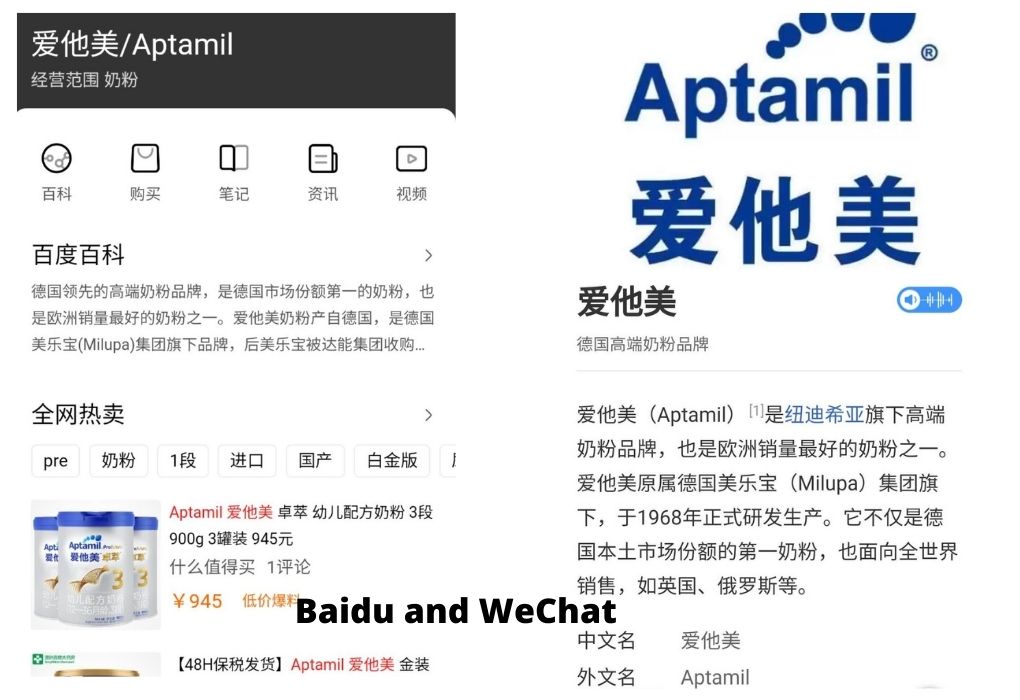
In order to find reliable distributors, it is important to:
- Have a Chinese friendly website, hosted in China or near China (so your content will be uploaded quickly);
- Be present in social media, such as Wechat, Xiaohongshu, Zhihu in order to build a good relationship with them, communicate with them, and listen to their expectations and what they really need;
- Build an e-reputation;
- Engage your customers in your products awareness
The Coronavirus emergency in the fairs sector also affects milk brands
This will have a strong impact on orders and sales. It is necessary to become aware of the fact that the situation will not change immediately. And therefore it is essential to act immediately to try to limit the negative repercussions. A lower influence of visitors and buyers should push the company to strengthen the communication in the digital channels, so as to balance the lack of visibility it will encounter. And who better than KOLs can communicate in an authentic way by engaging their audience?
Kol and live streaming can be the solution
To be able to establish more immediate and intimate communication with the audience KOL uses live streaming. Live broadcasts are a tool very widespread in China and are used in all areas. Live stream activities carried out at the fair can guarantee high levels of visibility to brands and greater audience involvement.

All this, then, allows obtaining great results long more surprising if KOLs are involved. Hire an influencer for carrying out live streaming activities from fairs allows you to increase the visibility of the product. Furthermore, it can arouse the interest of buyers and buyers and, consequently, increase sales.
Cross-border e-commerce is an entry door to China for international milk brands
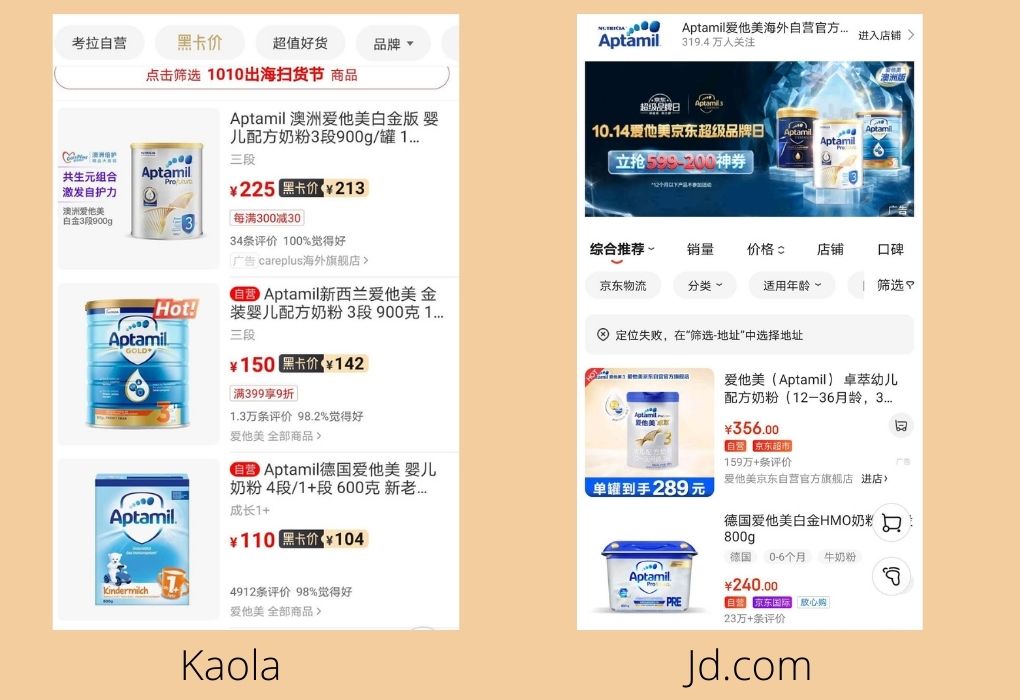
Relying on cross-border e-commerce allows you to avoid several bureaucratic procedures otherwise necessary to sell on local marketplaces. These include the opening of a local bank account, the Chinese legal entity, the opening of a warehouse in China, and payments in local currency.
Cross border e-commerce platforms like Tmall Global, JD worldwide, Vip.com, Ymatou, and Kaola offer brands the opportunity to:
- sell their products without having a physical presence in China,
- skipping over lengthy product registration and approval processes,
- not incurring in long paperwork to export them and avoiding inventory risks.
Cross-border shopping is proving to be very popular in China. It is considered very reliable and capable of guaranteeing the highest quality levels. The downside, however, lies in the fact that shipments are significantly longer than local ones and the Chinese are used to receiving the goods purchased within a maximum of 24 hours.
We help you distribute your Milk Brand in China

SEO Agency China has the perfect solutions for you. We can help your brand build its e-reputation in China with:
- Advertising
- Baidu SEO&SEM
- Social Media
- PR
- KOL & Influencers
- E-commerce and cross-border e-commerce
- Distribution

